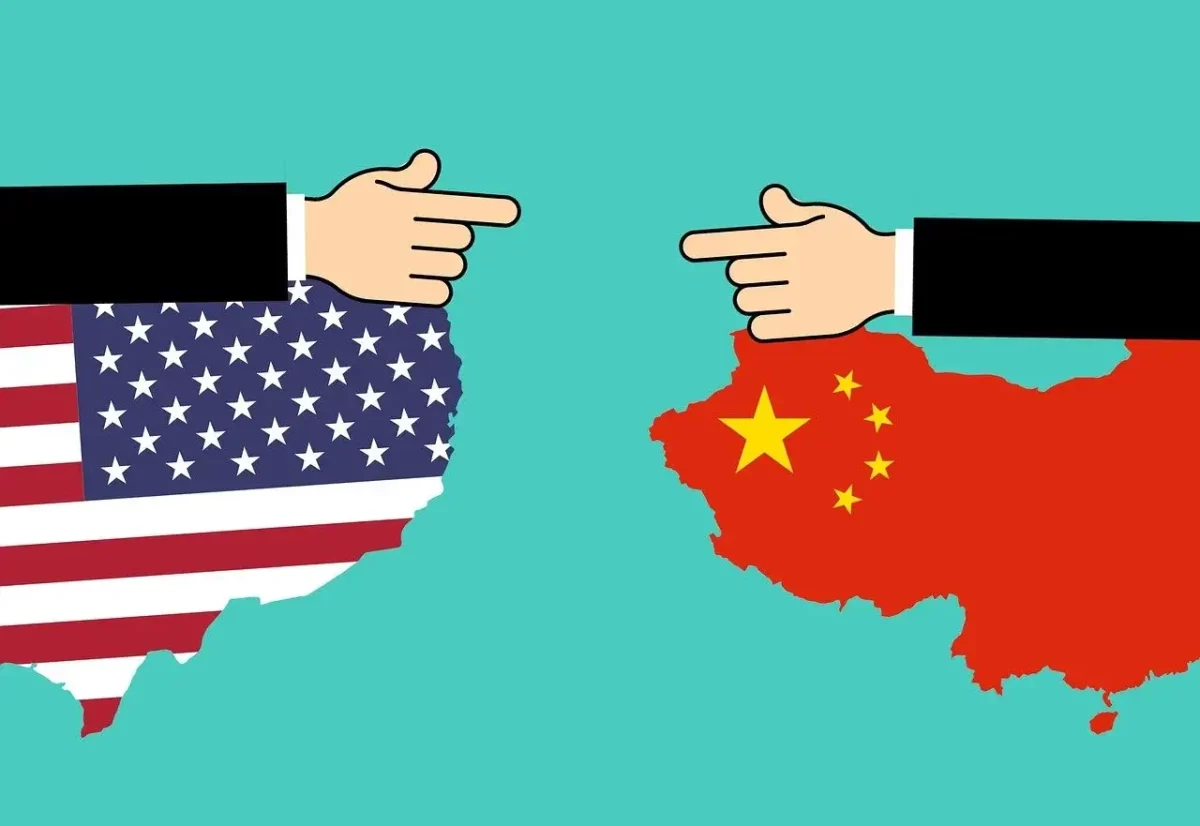Trump Backs 80% Tariffs Ahead of Crucial U.S.-China Talks in Geneva
09.05.2025 21:55 1 min. read Alexander Stefanov
As trade envoys from the U.S. and China prepare to meet in Geneva this weekend, Donald Trump is once again embracing aggressive tariff policy.
Posting on Truth Social, the president called the 80% tariff rate “appropriate,” dismissing any need to scale back duties to incentivize talks.
Recent trade data paints a more strained picture: shipments from China to the U.S. have dropped sharply, raising concerns over looming supply disruptions and price hikes. Despite this, Trump insisted that China has little room to retaliate further, having already raised its countermeasures to 125% and imposed restrictions on rare earth exports.
Treasury Secretary Scott Bessent and lead negotiator Jamieson Greer will represent Washington in the Geneva meetings, facing China’s Vice Premier He Lifeng.
While no major breakthroughs are expected, U.S. officials aim to ease friction and set the stage for more structured discussions. Bessent emphasized this round will focus on rebalancing trade priorities, not hammering out a final deal.
Beijing, meanwhile, has expressed cautious optimism. But according to former U.S. negotiator Stephen Olson, any reduction in tariffs is likely to be minor, as both nations remain deeply entrenched in economic rivalry.
-
1
Robert Kiyosaki Predicts 2025 “Super-Crash,” Urges Hoarding Gold, Silver, and Bitcoin
23.06.2025 13:31 2 min. read -
2
Billionaire Slams Meme Stock Hype and Sounds Alarm on U.S. Fiscal Health
15.06.2025 18:00 2 min. read -
3
Billionaire Investor Sees Dollar Crash If Key Support Breaks
18.06.2025 15:00 1 min. read -
4
Nassim Taleb Says Global Trust Is Shifting from the Dollar to Gold
22.06.2025 17:00 1 min. read -
5
Geopolitical Shockwaves Hit Ethereum Hard While Bitcoin Stays Resilient
22.06.2025 16:21 1 min. read
Robert Kiyosaki Predicts When The Price of Silver Will Explode
Robert Kiyosaki, author of Rich Dad Poor Dad, has issued a bold prediction on silver, calling it the “best asymmetric buy” currently available.
U.S. PCE Inflation Rises for First Time Since February, Fed Rate Cut Likely Delayed
Fresh data on Personal Consumption Expenditures (PCE) — the Federal Reserve’s preferred inflation gauge — shows inflation ticked higher in May, potentially delaying the long-awaited Fed rate cut into September or later.
Trump Targets Powell as Fed Holds Rates: Who Could Replace Him?
Federal Reserve Chair Jerome Powell is once again under fire, this time facing renewed criticism from Donald Trump over the Fed’s decision to hold interest rates steady in June.
U.S. National Debt Surge Could Trigger a Major Crisis, Says Ray Dalio
Billionaire investor Ray Dalio has sounded the alarm over America’s soaring national debt, warning of a looming economic crisis if no action is taken.
-
1
Robert Kiyosaki Predicts 2025 “Super-Crash,” Urges Hoarding Gold, Silver, and Bitcoin
23.06.2025 13:31 2 min. read -
2
Billionaire Slams Meme Stock Hype and Sounds Alarm on U.S. Fiscal Health
15.06.2025 18:00 2 min. read -
3
Billionaire Investor Sees Dollar Crash If Key Support Breaks
18.06.2025 15:00 1 min. read -
4
Nassim Taleb Says Global Trust Is Shifting from the Dollar to Gold
22.06.2025 17:00 1 min. read -
5
Geopolitical Shockwaves Hit Ethereum Hard While Bitcoin Stays Resilient
22.06.2025 16:21 1 min. read


